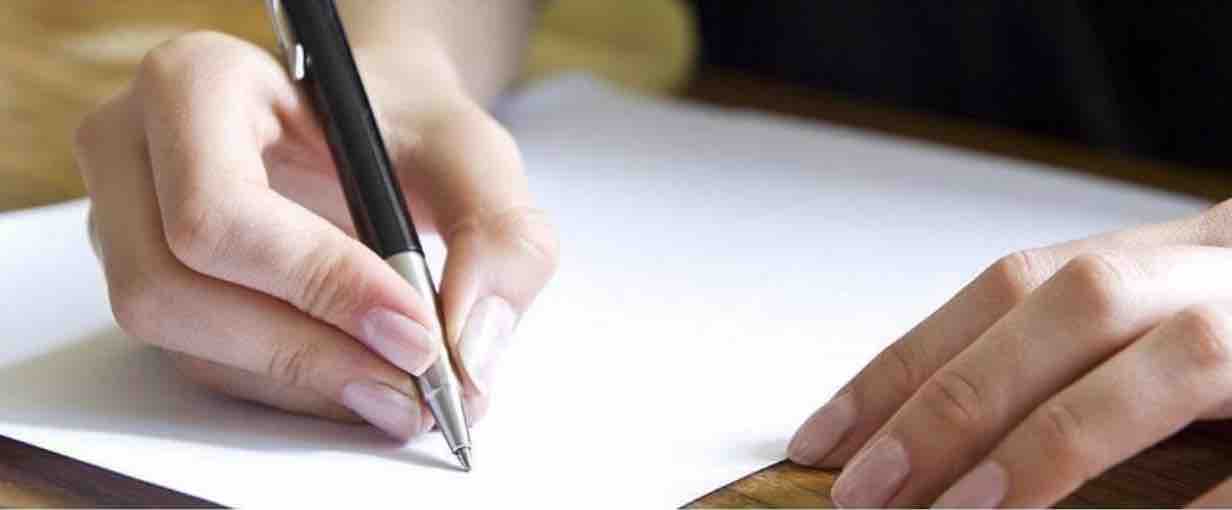An essay is the most common type of assignment among students. Teachers require it as a summation of the topic, to close the gap, to get extra points, as admission to the credit or exam, etc., so during the study students have to prepare a lot of essays on various topics.
Modern requirements for the work
If in the past writing an essay was not a problem, now the requirements have changed somewhat, and this is due to the emergence of programs to check the text for plagiarism, which teachers are actively using. Earlier it was possible to copy finished material from the Internet without processing it, but now such work will go back. Students are forced to solve the question of how to make an essay without plagiarism.
Of course, some percentage of “copying” is allowed. Usually, educational institutions require 70% uniqueness of works, and the remaining 30 can be simply pasted from various sources, with links, from where the material is taken. In such a situation, the process of writing an essay is more time-consuming for the student.
The concept of uniqueness
To know how to prepare an essay that will pass the plagiarism test, you need to understand what text is called unique, and under what conditions it ceases to be so.
In books, scientific articles, courses of lectures, and other materials, the text is unique because it belongs to the author. When you copy some excerpts, quotes, or parts of material, the program will recognize the text as plagiarism, because it is already found in previously published sources. When using these excerpts it is necessary to specify the references to them, but the percentage of uniqueness of the work is evaluated in general.
Programs for checking for plagiarism currently exist in different ways. The most popular of them can be called:
- Grammarly;
- Text.com;
- Duplichecker.
Each university can set its requirements for the program, the indicators of which should be used to determine the uniqueness of the work.
ʼ
Ways to cheat plagiarism checkers
The question of how to make a term paper without plagiarism, an essay or a diploma, does not imply the mandatory independent formation of almost all the material. There are some tricks with which you can cheat plagiarism checkers. Such services are considered plagiarism text, which repeats 3-4 or more words in a row in a phrase – it all depends on the settings of the program.
Ordering unique works on the Internet
When there is no time to write independently a qualitative job, the best solution will be to order essays from a college essay writer from Bidforwriting.com , in specialized companies. Of course, in a hurry with the choice of the Executive should not be, because besides reputable authors on the expanses of the Internet meet crooks who are always happy to cash in on the credulity of students. Make an essay without plagiarism, term papers or diplomas can be in different companies, but before ordering must check the rating of the organization and read the reviews. The standard variation offers a uniqueness of 70 percent. If a higher percentage is required, the terms of the order are discussed with the manager on an individual basis, with the calculation of the price and the definition of deadlines.
There are several ways to make a text unique:
- Replacing words with synonyms; You can use synonyms for some words so that the text is modified. Such an approach allows you to bypass the checker because matches will not be fixed. Of course, the words should be replaced in such a way as to maintain the logical sequence of the material.
- Changing the word order; The Russian language allows the use of free word order, so the copied material can be presented in a modified version – shifting the words in the middle of the sentence, which will also make the text unique, because there will be no continuous coincidences.
- Transfer material in their own words. This method is the most correct since when transferring the material found there will be no coincidences, the text will be unique, and there will be no claims from the teachers. Concludes this option in the gradual reading of fragments of material, and their transfer in their own words in a free statement.


